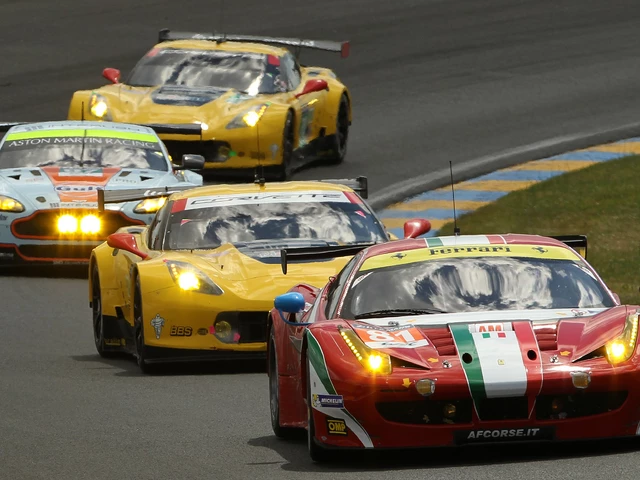Author: Derek Stratton

Too Soon? Dating as a Sex Worker
Dating after sex work isn't about timing - it's about safety, self-worth, and knowing when to speak. No rulebook exists, but real connection starts when you stop hiding.
CONTINUE READING
Escort Girls Russian - What You Need to Know About Russian Escort Services in Paris
Russian escort girls in Paris offer more than physical companionship - they bring language, culture, and emotional presence. Understand the reality behind the ads, the legal risks, and what clients truly experience.
CONTINUE READING
Chiefs Survive Colts' Late Comeback with Butker's Overtime Field Goal at Arrowhead
The Kansas City Chiefs beat the Indianapolis Colts 23-20 in overtime on November 23, 2025, as Harrison Butker kicked the game-winner at Arrowhead Stadium, keeping them in playoff contention amid a dramatic comeback.
CONTINUE READING
Microsoft Ignite 2023 Unveils 100+ AI Updates, from Copilot Expansions to Custom AI Chips
CONTINUE READING
Bills, Commanders favored in Monday Night Football doubleheader
John Breech predicts Bills and Commanders to win Monday Night Football in Atlanta and Chicago, with betting lines favoring high scores and playoff implications.
CONTINUE READING








